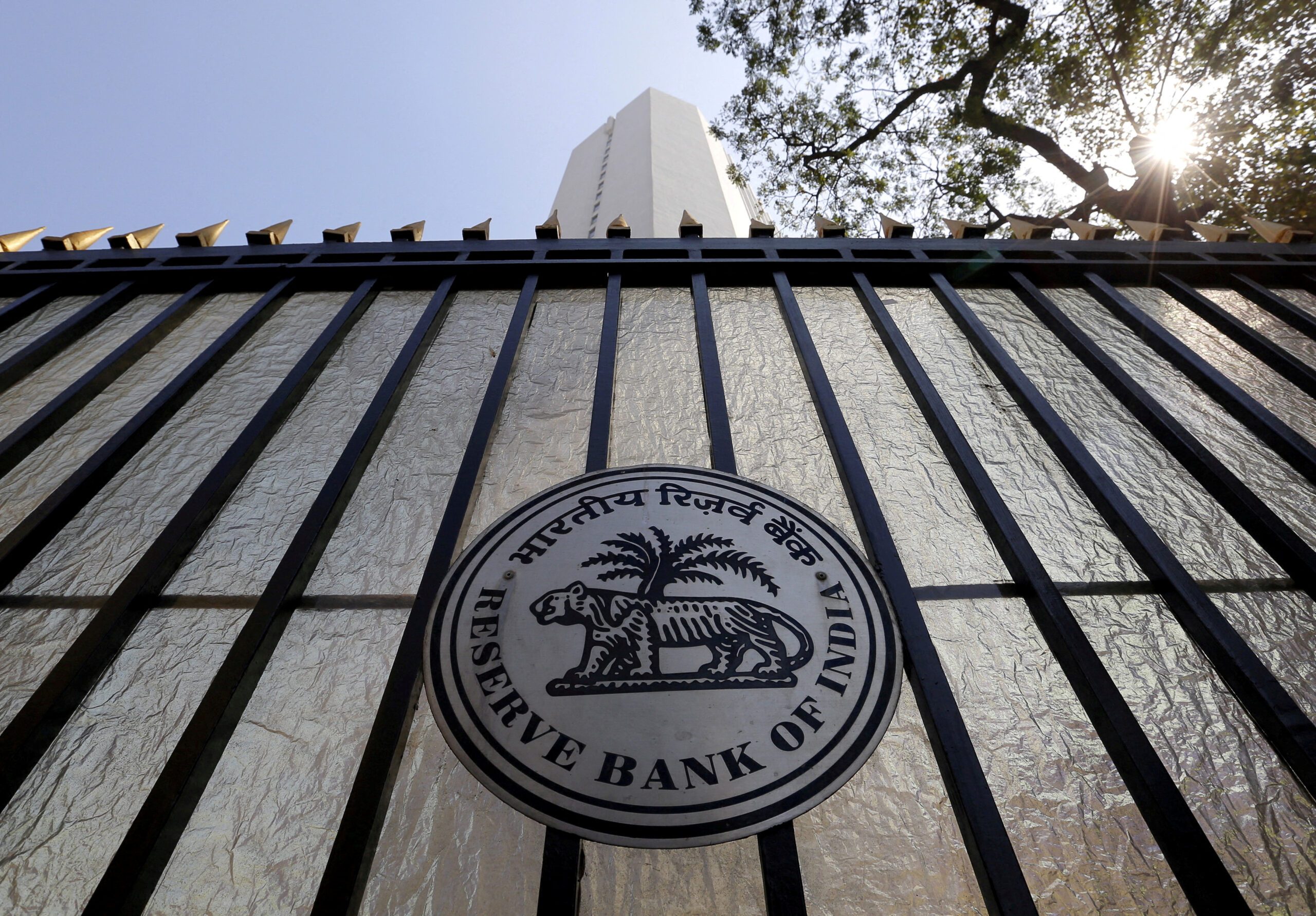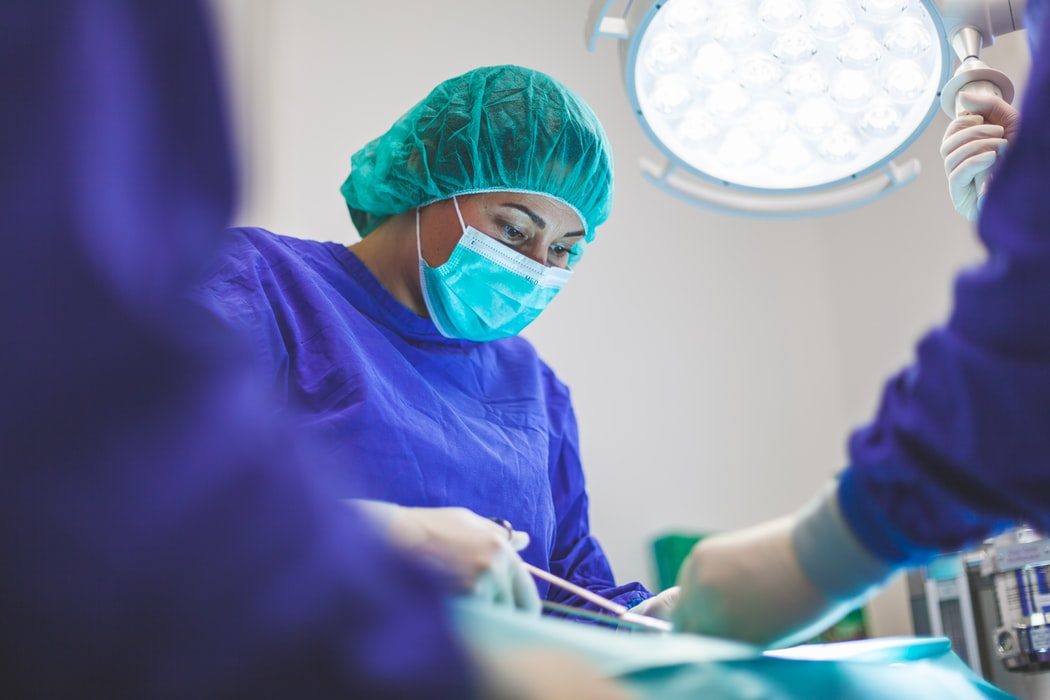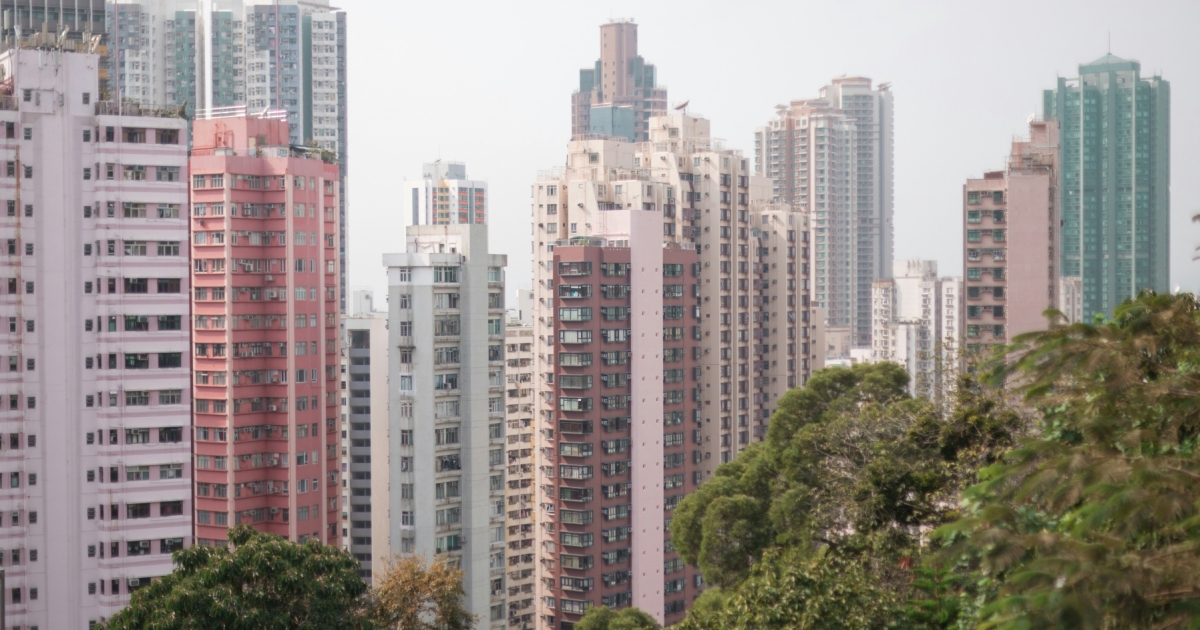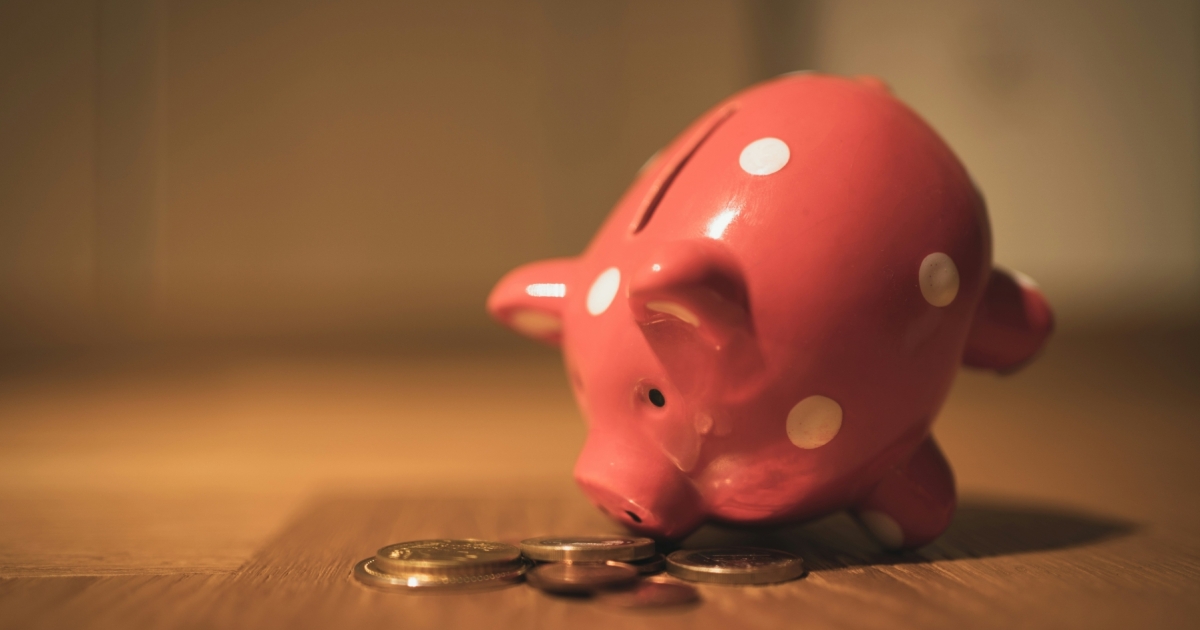NEW DELHI — As India grapples with a massive second wave of coronavirus infections, some states, including Maharashtra, the worst-hit among them, are complaining of inadequate vaccine supplies — and being called fear mongers by the government of Prime Minister Narendra Modi.
“Let’s put an end to fear mongering now!” Modi’s health minister Harsh Vardhan tweeted on Thursday, pointing out that more than 90 million doses have been administered across the country since the inoculation drive began on Jan. 16. Vardhan also says over 43 million doses are either in stock or close to being delivered to states.
“Where does [the] question of shortages arise?” he asked. “We’re continuously monitoring [and] enhancing supply.”
His remarks came after Maharashtra health minister Rajesh Tope flagged concerns about dwindling vaccine supplies in the state, home to the financial hub of Mumbai. The central government this week dispatched 1.7 million additional doses to Maharashtra, but Tope said the number is insufficient for his state of 112 million.
The government of India has supplied the vaccine to Maharashtra “but not to the extent what we are demanding,” Tope told reporters, adding the state needs 4 million doses a week.
There are also reports that other opposition-ruled states, including Chhattisgarh and Rajasthan, say they are dealing with vaccine shortages.
“Hue [and] cry by certain states about partisanship by the Union [government] is just a farce, an attempt to hide their own incompetence,” Vardhan said, adding Maharashtra and Rajasthan are two of the three states that have received the most doses, more than 10 million each, while the country average is 3.7 million doses.
On Saturday, India recorded 145,384 new cases, its highest single-day total since the virus infiltrated the country more than a year ago. It was the fourth record high in as many days and the fifth time in six days for the total to surpass 100,000.
India has now suffered over 13.2 million total infections, and fatalities have crossed 168,400.
The national capital of Delhi is among the states with rising daily case numbers.
The country, the third-worst hit after the U.S. and Brazil, reported 100,000 cases for the first time on Monday. The previous wave peaked at more than 97,000 daily infections, in mid-September. At the beginning of March, and following a steady decline in cases, the number was hovering around 15,000.
With cases surging, weekend lockdowns have returned. So too have night curfews and closures of schools, colleges and shopping malls in many places across the country.
During a meeting with heads of various state governments, Modi on Thursday emphasized testing, tracking and treating more patients, COVID-appropriate behavior such as wearing masks and maintaining social distancing, and virus control measures. The Prime Minister also called for a “vaccination festival” from Sunday through Wednesday, saying an effort should be made to inoculate the maximum number of eligible people during the period.
“We should ensure optimum utilization of our vaccination capacity,” said Modi, who on Thursday received his mandatory second dose of the vaccine.
Rahul Gandhi, leader of the opposition Indian National Congress, on Friday tweeted, “Amid the growing [COVID-19] crisis, the vaccine shortage is a very serious issue, not a ‘festival.'”
“Is it right to export the vaccine and put our countrymen’s lives at risk? The central government should help all states without any bias,” he posted in Hindi.
As of April 2, India had supplied 64.4 million doses to over 80 countries. Arindam Bagchi, a spokesperson for the Ministry of External Affairs, on Thursday told reporters that “supply of ‘made in India’ vaccines abroad would continue taking into account our domestic requirements.”
In India, those 45 and older are currently eligible for vaccine shots amid the world’s largest inoculation drive that involves two-dose vaccines Covishield, the local name of the Oxford-AstraZeneca vaccine manufactured by the Serum Institute of India, and Covaxin, developed by Indian drugmaker Bharat Biotech.
Experts say the surge in cases could be blamed on growing disregard for social distancing and mask-wearing. “As the vaccine was made available and cases came down early this year, people started lowering their guards by avoiding masks and social distancing [which eventually led to the current alarming situation],” Rajinder K. Dhamija, a professor and head of neurology at New Delhi’s Lady Hardinge Medical College, told Nikkei Asia.
“The way the cases are rising,” he warned, “we may see daily new infections hitting 200,000 by the end of April before they start to come down.”









